|
The Spooner Agriculture Research Station Teaching and Display Garden will host visitors for a final workshop on end of the season activities Saturday, September 7 10:00am to Noon. This garden session will be held at the Teaching & Display Garden and focus on seed saving, fall garden activities, tender bulb storage, garlic planting, spring bulbs and what was learned during this garden season.
This year’s theme “Re-use, recycle, and re-imagine” comes from the All-America Selections. The displays have been created with this theme in mind. The Teaching and Display Garden is one of eight in Wisconsin that display vegetable and flower varieties who have been awarded this designation as an outstanding cultivar. Remember to bring your own lawn chair for the Meet Me in the Garden Seminar. The session is free and open to the public and will be held rain or shine – please dress accordingly. In case of inclement weather, the program will be held at the Station Building at 1035 E Maple Street (Hwy 70), Spooner. The garden is located at 780 Orchard Lane, 1.5 miles east of Spooner on Highway 70 or 1/2 mile west of the Hwy 70/53 interchange. Watch for garden meeting signs. For more information and a map visit the station’s web site at: http://spooner.ars.wisc.edu/ or contact Kevin Schoessow or Lorraine Toman at the Spooner Area UW-Extension Office at 715-635-3506 or 1-800-528-1914.
0 Comments
Cutting Gardens and Floral Arrangement WorkshopUW-Extension Master Gardener Volunteers Cindy Lawson and Carla TePaske showcase bouquets; they will be leading the workshop on August 29 on tips and tricks of flower arranging. The Spooner Agriculture Research Station Teaching and Display Garden will host visitors for a workshop on cut flower gardens and arrangements on Thursday, August 29 starting at 6:00 pm. This garden session will start at the Teaching & Display Garden with growing tips on a few outstanding plant selections to grow for cut flowers including dahlias and annuals. The session will then move to the Research Station for an in-depth workshop on tips and tricks of the art of flower arranging using both perennial and seasonal flowers from the garden.
This year’s theme “Re-use, recycle, and re-imagine” comes from the All-America Selections. The displays have been created with this theme in mind. The Teaching and Display Garden is one of eight in Wisconsin that display vegetable and flower varieties who have been awarded this designation as an outstanding cultivar. Save this date for the last program of the season at the garden: September 7 at 10:00 am focusing on seed saving, fall rejuvenation, bulb storage, winter sown, garlic planting, spring bulbs and what was learned during this garden season. Remember to bring your own lawn chair for the Meet Me in the Garden Seminar. The session is free and open to the public and will be held rain or shine – please dress accordingly. In case of inclement weather, the program will be held at the Station Building at 1035 E Maple Street (Hwy 70), Spooner. The garden is located at 780 Orchard Lane, 1.5 miles east of Spooner on Highway 70 or 1/2 mile west of the Hwy 70/53 interchange. Watch for garden meeting signs. For more information and a map visit the station’s web site at: http://spooner.ars.wisc.edu/ or contact Kevin Schoessow or Lorraine Toman at the Spooner Area UW-Extension Office at 715-635-3506 or 1-800-528-1914. Photo credit: Sue Reinardy, UW-Extension Master Gardener Volunteer See the grow bag display next to the straw bale garden and many other displays at the Teaching and Display Garden. Several years ago there was a Meet Me In the Garden program at the Spooner Agriculture Research Station Teaching and Display Garden featuring growing in containers with invites to compete/show a container from home. I happened to win a door prize of some grow bags with the picture of the plant on the front.
I found that using potting soil mixed with compost proved to be too heavy for those bags. The rain and weight prompted the bottoms to fall apart. I’ve used several different types of bags since then and have been able to reuse them for almost 5 years now. I have them on my decks facing south and east. The display grow bags are from Gardener’s Supply Company, which provides many different sizes. Since our garden site is very sunny and often quite windy I chose to use potting MIX with moisture control in all the bags. I also used an organic Tomato fertilizer as well a soluble fertilizer for the other plants. There is a purple potato bag planted with purple fingerling potatoes, a dwarf tomato plant called Arctic Rose as well as other vegetables. There are two large black bags one of which contains Kale, eggplant and Spooky Squash which I received from Seed Savers. If the lone squash left survives the critters, it will provide enough for a pie. The other grow bag I used as the “right plant in the right place” of succulents needing less water and lovers of sun. Like any container you need to water them often, which in our garden setting has been quite the challenge this year. At home, since they are lighter and have handles, I’ve been able to move them out of harm’s way during strong hail and thunderstorms. I hope that you enjoy this display and consider trying them, a kitchen garden on a patio would be a good place for a large black bag. Carol Taylor, UW-Extension Master Gardener Volunteer Photos by: NCMGV Sheila Squires of her sweet momma in the Sunflower Patch! Photo Opportunity Say "Sunflower" at the garden. Come on out to the Teaching and Display Garden and take your photo in the sunflowers. A fun back to school photo. A family Christmas card photo. Memories of the Summer of 2019 photo or a just because photo. Come on out and say "Sunflower!" AuthorCarla TePaske ~ UW-Extension Master Gardener Volunteer 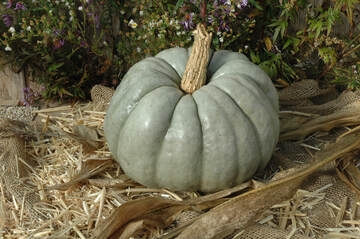 Pumpkin Blue Doll by Garden Trends - Year of the Pumpkin - National Garden Bureau Pumpkin Blue Doll by Garden Trends - Year of the Pumpkin - National Garden Bureau 2019 is the National Garden Bureau's Year of the Pumpkin. The association with with autumn, Halloween and Thanksgiving will be with us always but the pumpkin is also a very nutritious and healthful Cucurbitaceae that should not be overlooked in our year round diet. Pumpkin is said to help regulate blood pressure and promote heart health. It is low in calories, fat and sodium and rich in fiber, potassium, iron, and vitamins A, B and C. Besides pie, pumpkin is excellent in soups, stews, casseroles, pasta, and sauces. Start pumpkin seeds indoors in mid-April or seed pumpkins directly into the garden from late-May to mid-June giving them plenty of space to spread out. Flowers will need to be pollinated to set fruit. This can be left to bees or done by hand. Some gardeners turn their pumpkins while they grow to keep them from flattening on one side but be careful not to step on vines. You will know when it's time to harvest by the stems that will begin to dry out. Harvest before the first frost. The first European settlers were introduced to pumpkins by the local indigenous peoples who ate the flesh roasted and used the skins for fibers to weave into mats. The Europeans improvised a way to roast pumpkins by cutting the top off, hollowing them out then filling them with milk, honey and spices and roasting them over hot embers. Make a rich and delicious soup by combining pureed pumpkin with sauteed onions and garlic, salt, cinnamon, nutmeg and ginger, chicken stock, water and heavy cream. See link for recipe https://thesaltymarshmallow.com/easy-pumpkin-soup/ You can also harvest pumpkin seeds. The seeds of some varieties are in hulls. Roast these until golden brown for a crunchy treat. Or grow pumpkin with "naked" seeds for eating raw or lightly roasted. Pumpkins are available in a wide variety of shapes, sizes and colors. Some are better for cooking while others are great for carving or painting or just looking pretty in a table display. Check out the National Garden Bureau's article on pumpkins for varieties that suit your needs and aesthetics. https://ngb.org/year-of-the-pumpkin/ Growing pumpkins is also a great way to get kids interested in gardening. Here are links to helpful YouTube videos on growing pumpkins https://www.youtube.com/watch?v=I3cc2QeSfWw This British series on pumpkin growing is full of good tips https://www.youtube.com/watch?v=GOY2T_7bx-A https://www.youtube.com/watch?v=c_7DxgDXu5s https://www.youtube.com/watch?v=YbPYUelrW7c https://www.youtube.com/watch?v=TNDs9mpNteI Article submitted by Pam Davies MGV
The University of Wisconsin Extension, The Spooner Agriculture Research Station and North Country Master Gardener Volunteers will be holding their Annual Twilight Garden Tour on Tuesday Aug 13th from 4 - 7:30 PM. This is one of the region’s premier summer gardening events and will feature University speakers, demonstrations, displays, food tastings and walking tour of the Seed to Kitchen Collaborative, and organic vegetable variety research trial partnering with nationally recognized plant breeders, chefs and local growers. The venue for the Twilight Garden Tour is the award-winning Teaching & Display Garden located on Orchard Lane, just east of Spooner.
Speakers will be PJ Leisch, UW-Madison Insect Diagnostic Lab Director; Brian Hudelson, UW-Madison Plant Disease Diagnostic Clinic Director; and Brian Smith, UW-River Falls Professor of Horticulture. Master Gardener Volunteers and invited speakers will be available to answer your gardening questions and identify plant, insect and disease samples. The Teaching & Display Garden is an official All-America Selections (AAS) display garden featuring both flowers and vegetables and has been awarded multiple awards in the National Landscape Design contest sponsored by AAS. The garden also includes organic vegetable gardening, a children’s garden, container gardening, displays of table and wine grapes and fruit trees and the newly renovated Monarch and Pollinator Sanctuary perennial garden. As in the past there is no charge for this educational events. The Teaching and Display Gardens are located on Orchard Lane, 1 mile east of Spooner on Highway 70. Watch for Garden Tour signs. For more information please contact Kevin Schoessow at 715-635-3506 or 1-800-528-1914, or online at http://spooner.ars.wisc.edu or on Facebook at https://www.facebook.com/spoonerag. UW-Extension provides equal opportunity in employment and programming including Title IX and ADA requirements. Please call our toll free number if you have any special needs or require special accommodations. Lorraine Toman University of Wisconsin-Madison University of Wisconsin-Extension Spooner Agricultural Research Station W6646 Highway 70 Spooner, WI 54801 715-635-3735 715-635-3506 Toll-Free: 800-528-1914 FAX: 715-635-6741 711 for Wisconsin Relay [email protected] http://spooner.ars.wisc.edu/ https://www.facebook.com/spoonerag |
|
| North Country MGV | gARDEN bLOGS |
Location |
|
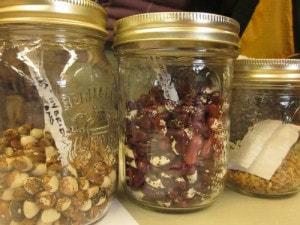
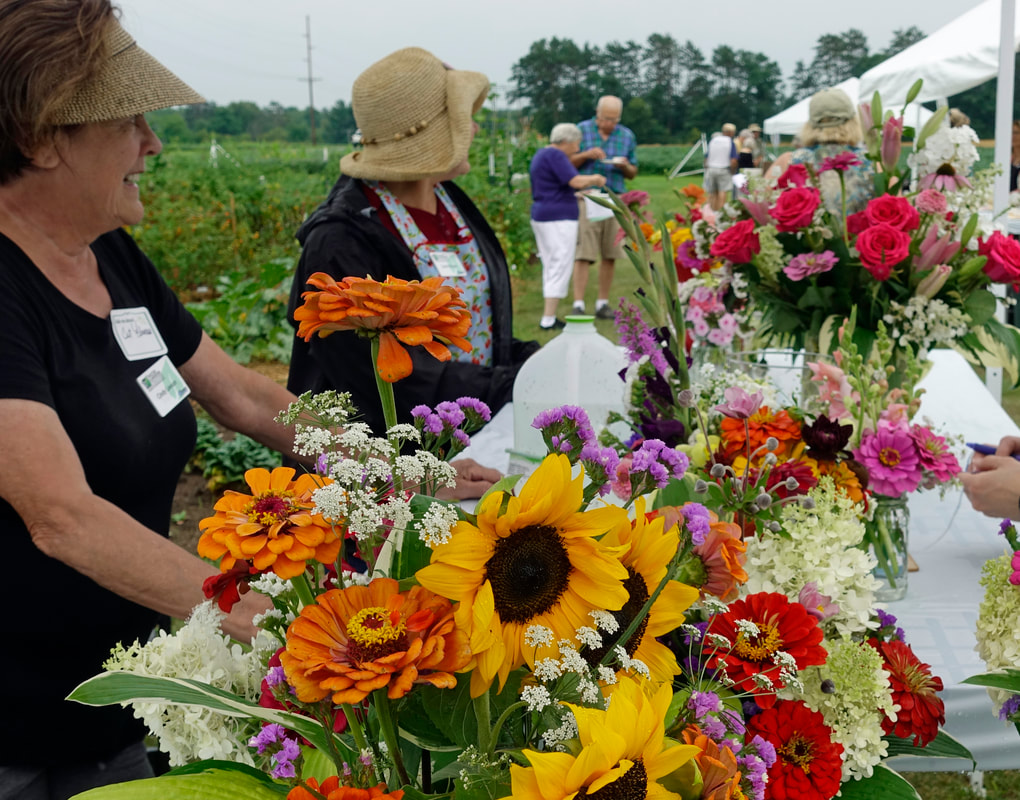
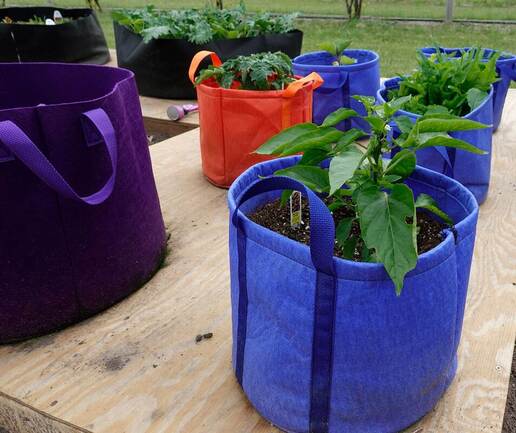
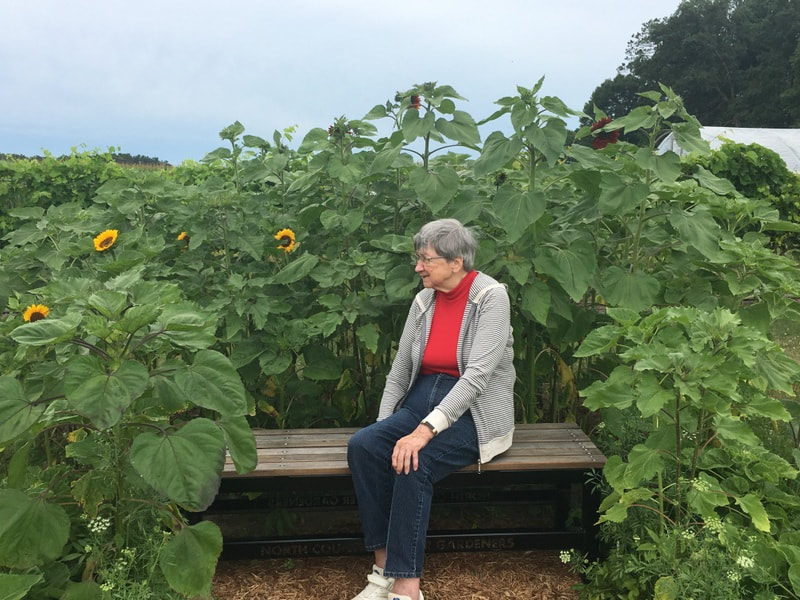
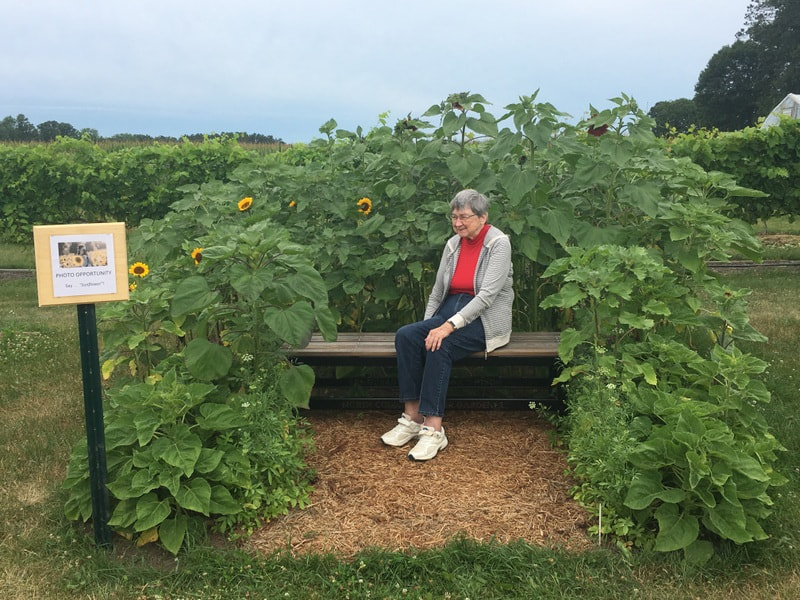
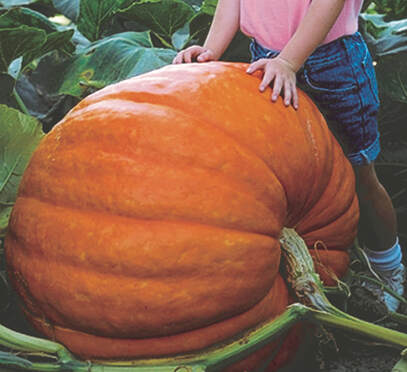
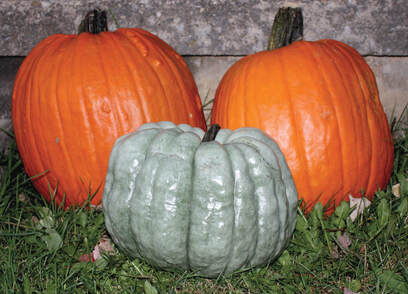
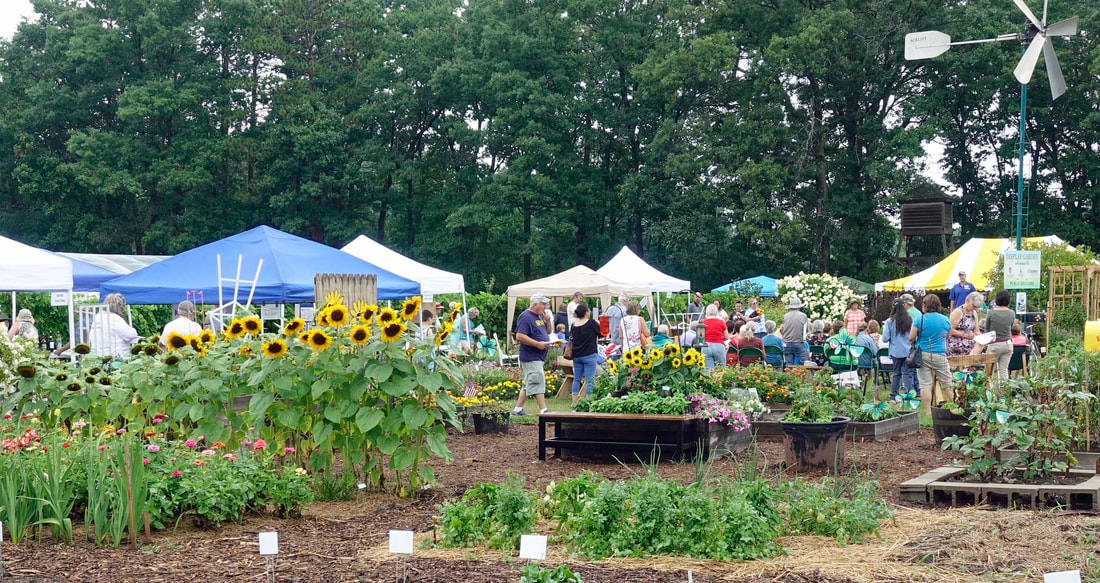
 RSS Feed
RSS Feed